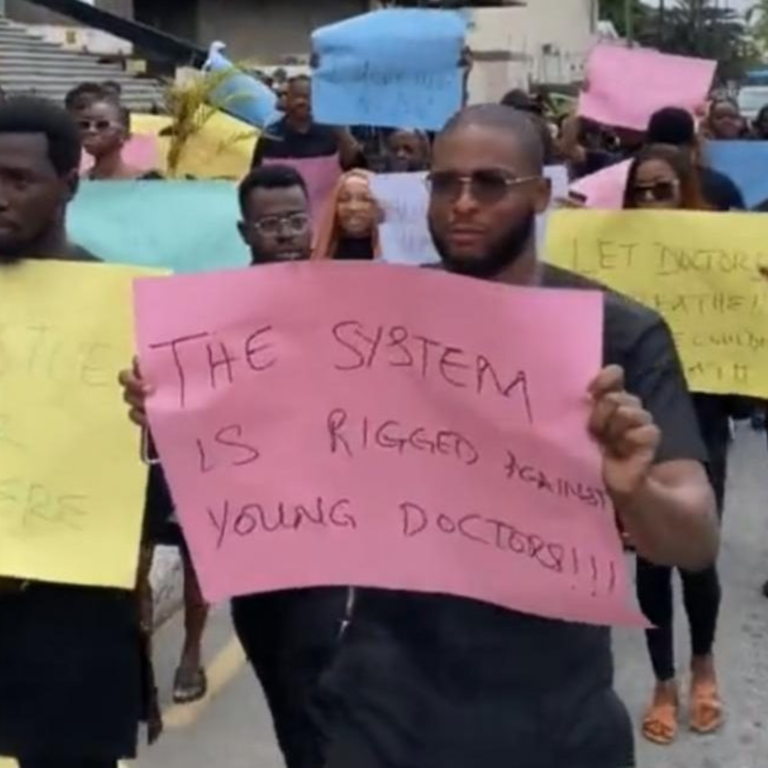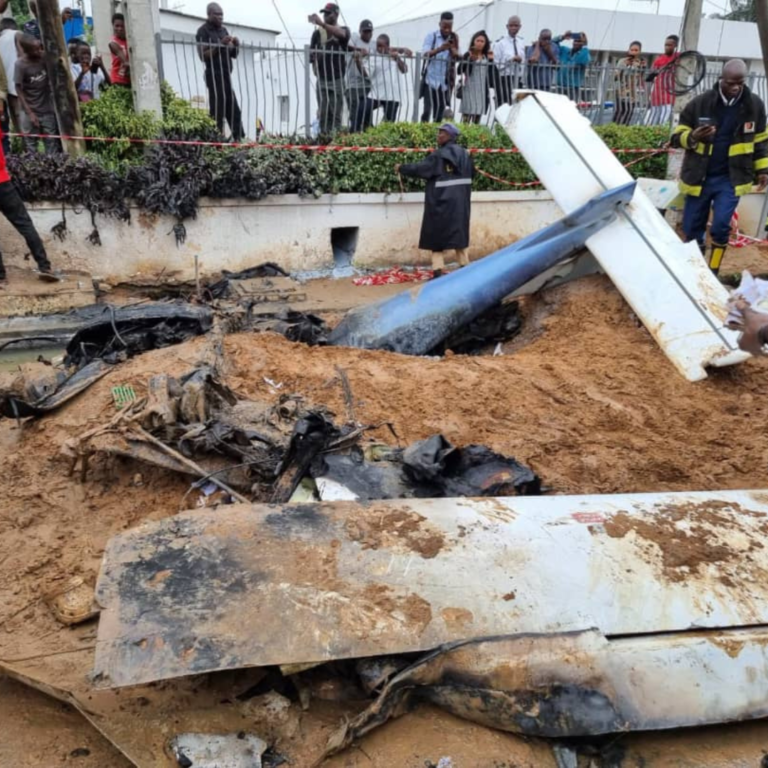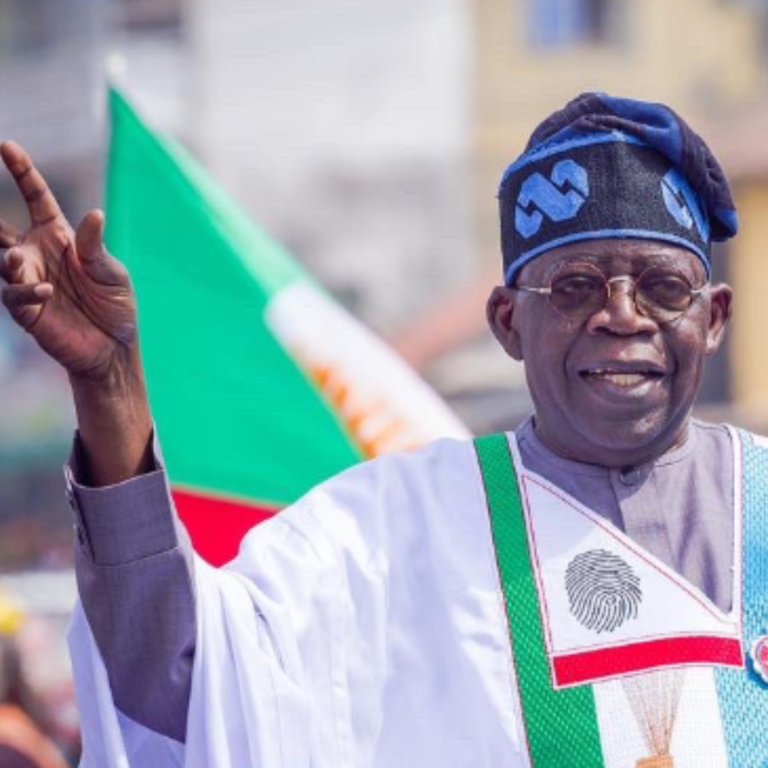The universe must be answering only Bola Tinubu’s prayers right now because, barely three months after his inauguration as the 16th president of Nigeria, he has been elected as the new Chairperson of the Economic Community of West African States (ECOWAS).
On July 9, 2023, during the 63rd Ordinary Session of the Authority of Heads of State and Government held in Bissau, Guinea-Bissau, Tinubu emerged as the new ECOWAS Chairman to succeed the current Guinea-Bissau’s president, Umaro Mokhtar Sissoco Embalo.
During Tinubu’s inaugural speech, he emphasised the importance of democracy, stating that coups would no longer be accepted in West-African countries. Also, he raised the alarm about the insecurity and terrorism hindering our progress and promised to improve the region’s economy through partnerships and investments.
This isn’t the first time ECOWAS will be chaired by a Nigerian
As is commonly known, ECOWAS, established on May 28, 1975, after the signing of the Treaty of Lagos, consists of 15 member countries: Benin, Burkina Faso, Nigeria, Cape Verde, Côte d’Ivoire, Gambia, Ghana, Guinea, Liberia, Niger, Togo, Senegal, Sierra Leone, Mali, and Guinea-Bissau.
And so far, ECOWAS has been headed by eight former Nigerian presidents and Heads of State. They include:
- Yakubu Gowon: May 1975– July 1975
- Olusegun Obasanjo: September 1977– September 1979
- Muhammadu Buhari: 1985–1985
- Ibrahim Babangida: August 1985–August 1989
- Sani Abacha: July 1996 – June 1998
- Abdulsalami Abubakar: June 1998–1999
- Umaru Musa Yar’Adua: December 2008– February 2010
- Goodluck Jonathan: February 2010–February 2012
- Muhammadu Buhari: July 2018– June 2019
Also read: Yakubu Gowon Said, “Money No Be Problem.” Was He Right?
So clearly, Tinubu’s following in the footsteps of his predecessors, but what exactly will his responsibilities be as the chairman of ECOWAS?
Head ECOWAS summits:
By virtue of the position, the Chairperson will offer political leadership and guidance and preside over subsequent ECOWAS meetings. He will oversee resolutions and decision-making processes while ensuring cooperation between member countries.
Conflict resolution:
The ECOWAS treaty, which all of the organization’s members have signed, states that Tinubu will be crucial to preserving peace and stability in the region. This might involve mediation, diplomatic peace talks, and conflict prevention initiatives.
Implementation of policies:
The ECOWAS Chairman is responsible for creating and executing critical programmes, policies, and projects that will foster the region’s economic, scientific, and industrial progress.
Represent ECOWAS:
Another responsibility of the ECOWAS chairperson is to represent the interests of West Africa in regional and international meetings and forums such as the African Union (AU) summits, the United Nations (UN) General Assembly, and the European Union (EU) summits, amongst others.
Now, Bola Tinubu carries the hopes and dreams of not only Nigeria but the whole sub-region. There is hope in the air that, for our sake, he will not only hit the ground running but also positively surpass all expectations.




